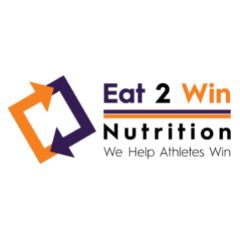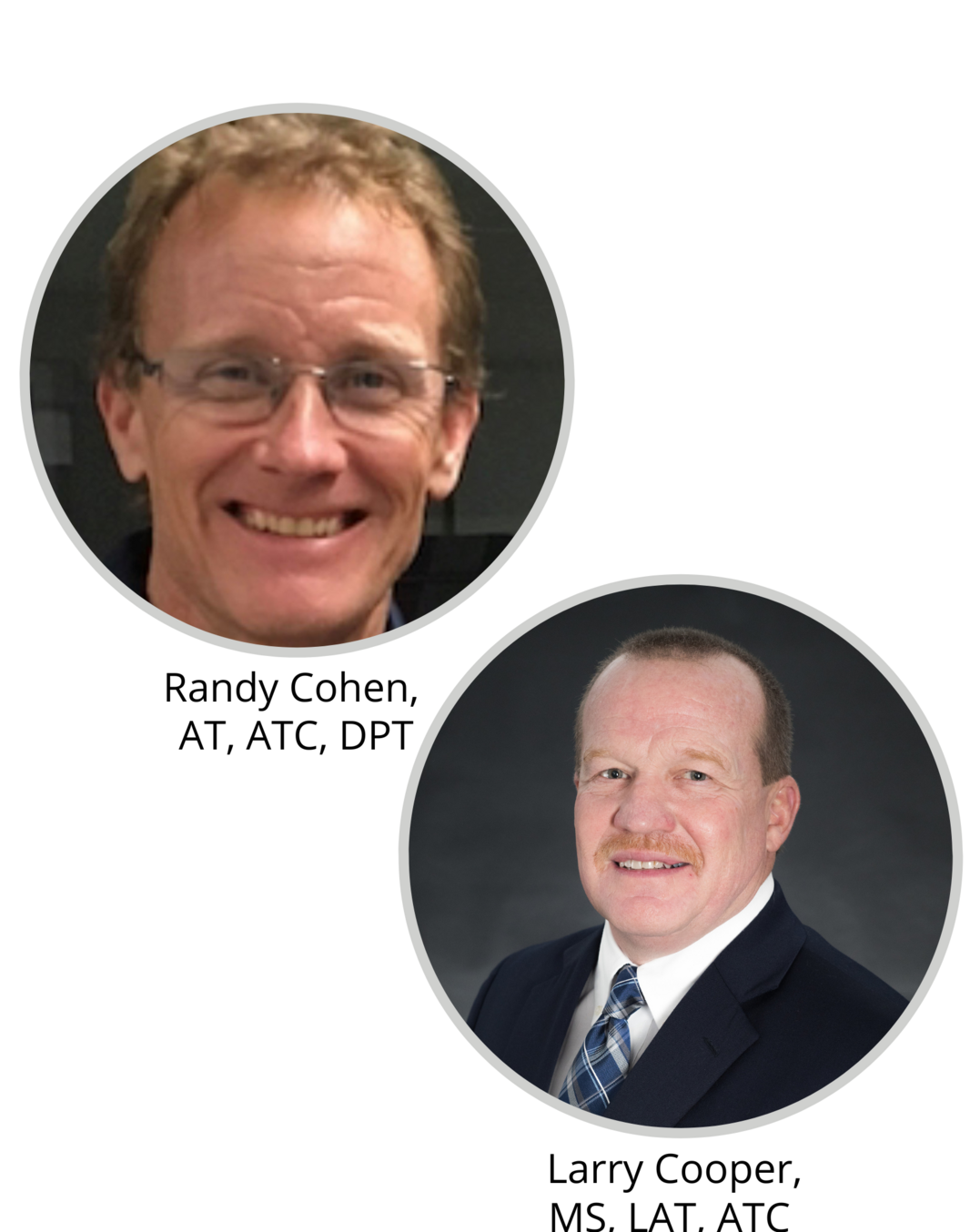How to Evaluate Your High School Program to Improve the Health and Well-Being of Your Student Athletes
High School Sports Medicine, Nutrition and Performance Symposium 1.0
Tuesday, September 27 @ 12 pm CT
This presentation enables ATs to better understand strategies to evaluate their program and make changes to emphasize positive results in their school and community. The strategies are easily implemented and will help elevate stakeholder understanding of the job but will also elevate the athletic healthcare delivery model for that program.
Q&A for Session #3
I find that cooperation and communication with coaches is hard to establish when face-time is limited (non-injury prone sports), especially in high school. What are some ways that I can create compliance and develop a system that does not make the coaches/staff feel like they have an extra “chore” to do?
- Make the limited face-time efficient
- keep athletes healthy --> communicate how to do that --> student stays heathy and performs well
What sorts of nutrition professionals are you seeing frequently in the high school space? Is that becoming a more common interaction for this level of athlete? I had zero experience with this in Green Bay, WI when I was in high school but I'm not sure if other areas are better about this.
- hospitals and clinics make one time appointments
- few places are hiring full-time nutritionists
- the nutrition service is growing becoming more popular now
What ways do you find are best to communicate the value of your program to parents? What data are most relevant to them? Their perception of the AT can be very different and always seems like an uphill battle... any suggestions?
- speak to the parents group and explain what services you provide
- help them understand what your role is
- provide the best care for the students



Facebook comments